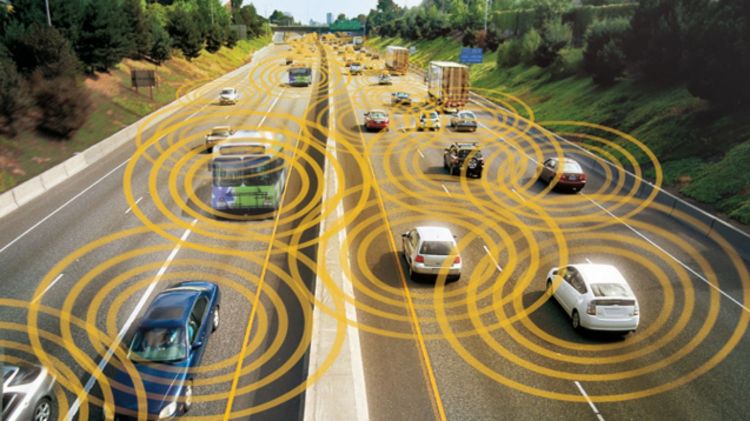Uber’s recent $680 million acquisition of self-driving-truck company Otto adds to the flurry of moves by major car and transportation companies looking to claim a piece of Israel’s burgeoning autonomous car technology industry. [Updated on August 23 at 10:00 a.m. Pacific with the following correction: Otto, while cofounded by Israeli-American entrepreneur Lior Ron, is based in the U.S., according to an Uber spokesperson.]
“Israel is a very important part of the quest for autonomous driving. Obviously Tesla, Uber, Apple, Google, parts of Europe and Asia are leading the industry, but they all come here to get a piece of the Israeli knowhow for specific needs in the vehicle vertical,” Emanuel Timor, managing partner at Tel Aviv based Vertex Ventures, told me. Vertex has invested in Innoviz and Argus, both local startups in the smart car space.
In May, Uber competitor Gett Inc. — a company founded in Israel — raised $300 million from Volkswagen, Europe’s largest car maker. With the investment, VW is making moves into ride-sharing, on-demand transportation, and autonomous cars.
With service providers come hardware. BMW and Ford are following suit and have made their own Israeli investments recently. In May, vision-based driver assistance system maker Mobileye, headquartered in Jerusalem, announced a partnership with BMW and Intel to manufacture a driverless car by 2021.
And just a few days ago, Ford acquired Israel-based computer vision and machine learning company SAIPS “to further strengthen its expertise in artificial intelligence and enhance computer vision,” the company said in a press release.
Ford’s acquisition comes only a few months after GM’s April decision to double the size of its R&D center in Israel. “The expansion is a central component of our investment in the idea of the autonomous vehicle,” General Motors Israel CEO Gil Golan told Globes.
With a keen eye on Israeli tech, the expansion was a logical next step for GM, which launched General Motors Venture in 2010 to invest in startups developing vehicle tech. Through its fund, GM has already invested in two Israeli car tech companies, Powermat and Sital Technology.
In addition to startups producing tech for self-driving cars, Israel has made a series of maneuvers on a governmental level. In May, US Transportation Secretary, Anthony Foxx met with his Israeli counterpart in Washington DC to sign an agreement to work together on key issues such as a US advisory role in the development of a center for the development of autonomous vehicles in the Israeli coastal city of Netanya.
Because Israel doesn’t have a local market, the country is a service station for global players who then cater primarily to their local markets, Vertex Ventures’ Timor told me.
“Israeli companies excel in taking a multidisciplinary approach, which allows them to move very quickly regardless of industry. Behind the smart car innovations in Israel are computer vision and real-time knowhow, but also 3D sensing, video and image processing — all required elements of building a smart car. Companies here have the ability to integrate everything into one solution,” Timor said.
Elon Musk’s recent secretive visit to Israel to meet Mobileye only a few months before the company’s partnership announcement with BMW and Intel, and Innoviz Technologies’ $9 million Series A fundraise earlier this month from a number of investors, are two other noteworthy events that illuminate the level of interest the country’s smart car industry currently enjoys.
Dennis Mitzner is a Tel Aviv based journalist covering startups and tech trends, with a focus on Israel and Scandinavia.


